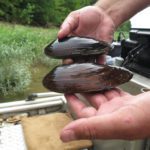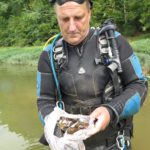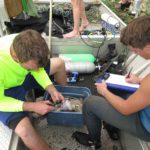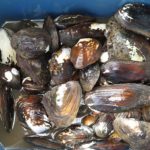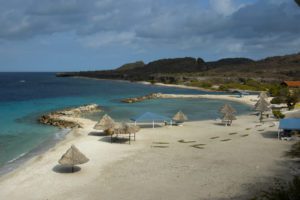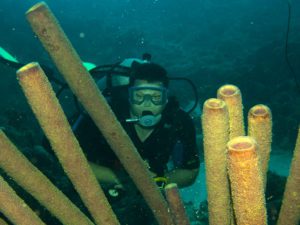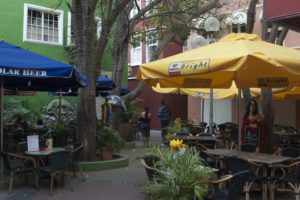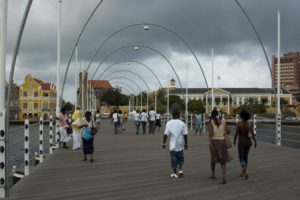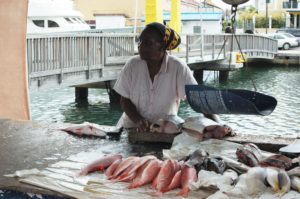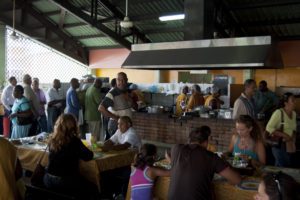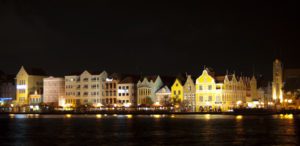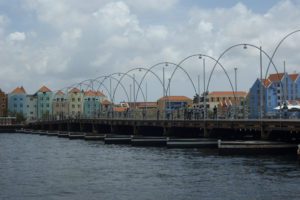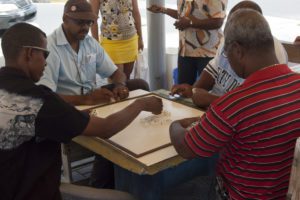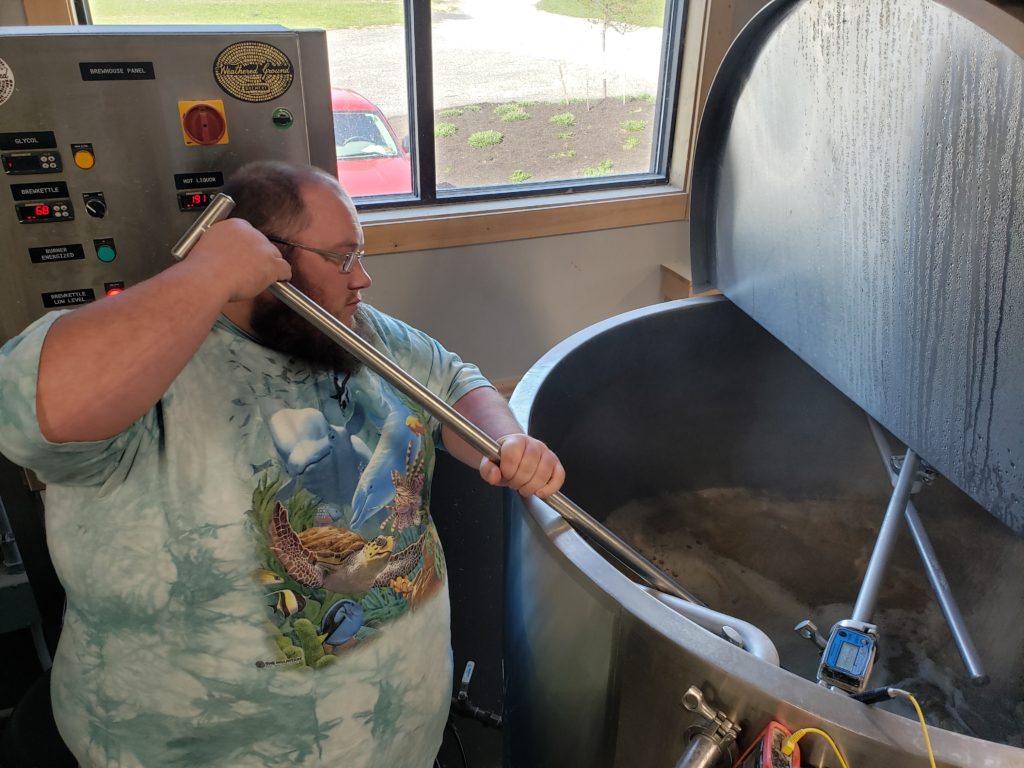
Yes, I know that is a such a cliché headline, but I’m not sure I’ve ever used it before. (Maybe there is a good reason for that.)
My good friend Greg Holt, the host of nationally-syndicated talk radio show ScubaRadio called me the other day while I happened to be out in the field working on a completely different project.
We talked about diving, adventure books, beer brewing and nearly everything else in this 10-minute interview.
I was on in Hour 2. Here is Hour 1. He also does a cool interview with Josh Gates from Expedition Unknown at the beginning of Hour 2.
By the way, this is the brewery I was standing in while we spoke: Weathered Ground Brewery in Cool Ridge, West Virginia. Check them out!
Enjoy!
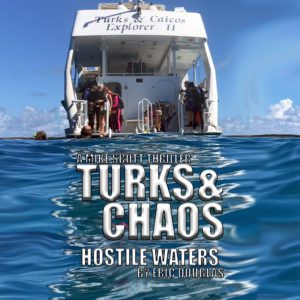
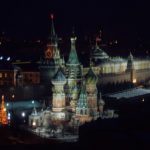
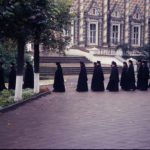


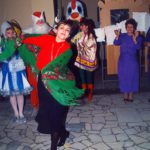





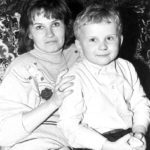





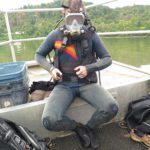
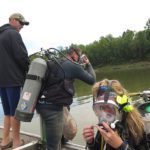
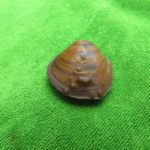
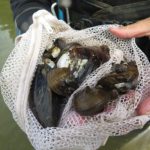 “We are the equivalent of the Amazon rainforest, but for mussels. It is important to study them because they are so heavily imperiled,” he said.
“We are the equivalent of the Amazon rainforest, but for mussels. It is important to study them because they are so heavily imperiled,” he said.